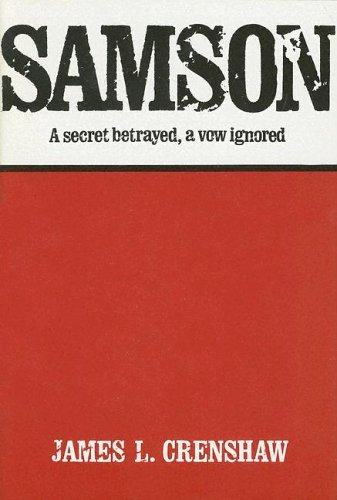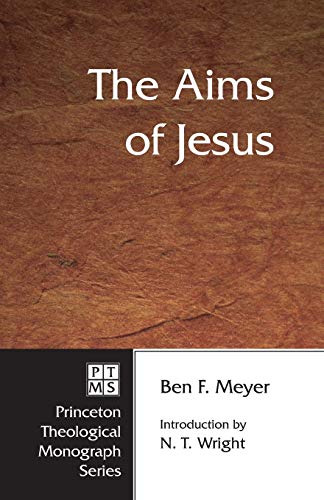The Recovery of Preaching
Written by Henry H. Mitchell Reviewed By Derek PrimeHenry Mitchell is a Baptist minister, and Director of the Ecumenical Center for Black Church Studies in the Los Angeles area. The book aims at providing an analysis of the genius of Black preaching, in terms that are understandable to White and Black, clergy and laity. The author sees it as the beginning of a sharing process that will enrich the pulpits of all cultures. The first four chapters are taken from the author’s Lyman Beecher Lectures on Preaching given in 1974 at Yale.
Black preaching is held to be as effective as it is because it has never tried to wage a major war against the culture of the masses of folk. Rather it has reached persons ‘at gut level’. It has spoken in the cultural terms of Black people—terms which have the power to communicate with every sector of the human consciousness. The decline of American preaching—and White European—is, in the author’s submission, due to its being too cerebral. The goal of Black preaching is to recreate a meaningful experience which communicates ‘transconsciously’, nourishing the whole being.
Guidelines for making preaching a meaningful personal experience are suggested. First, give people adequate time to relate transconsciously, or in depth, to every significant idea of meaning presented. Secondly, if you have an idea that can’t be translated into a story or a picture, don’t use it. Thirdly, the painting of graphic pictures and the narration of moving experiences requires abundant, realistic detail. Fourthly, in order to prepare sermons which include elements of authentic art, with power to generate meaningful experiences, the raw materials must be in hand, ready for unhurried creativity as soon as possible—that is to say, preparation must begin early in the preacher’s week.
The book does not fail to provide helpful stimulus in areas such as the use of narrative in preaching, the importance of audience participation, and the need to identify with, and understand a congregation.
But the book does raise questions that it does not answer. While preaching in a white European or American context may often be too cerebral, what, in fact, is the place of the mind in preaching? Are there not real dangers in obtaining ‘a gut reaction’ when the understanding is either neglected or by-passed? Is there not a key relationship and balance to maintain between teaching and preaching, in that congregations require sermons with a solid foundation of teaching from which any reasonable appeal to the will and emotions must be founded?
The author may be right in suggesting that ‘theology has been the servant of the status quo far more than of the Holy Spirit’ but the book almost seems to distrust theology and to rate experience and feelings as more important than revealed truth and our proper obedience to it. Pragmatic rather than biblical reasoning seems to be to the fore.
Derek Prime







